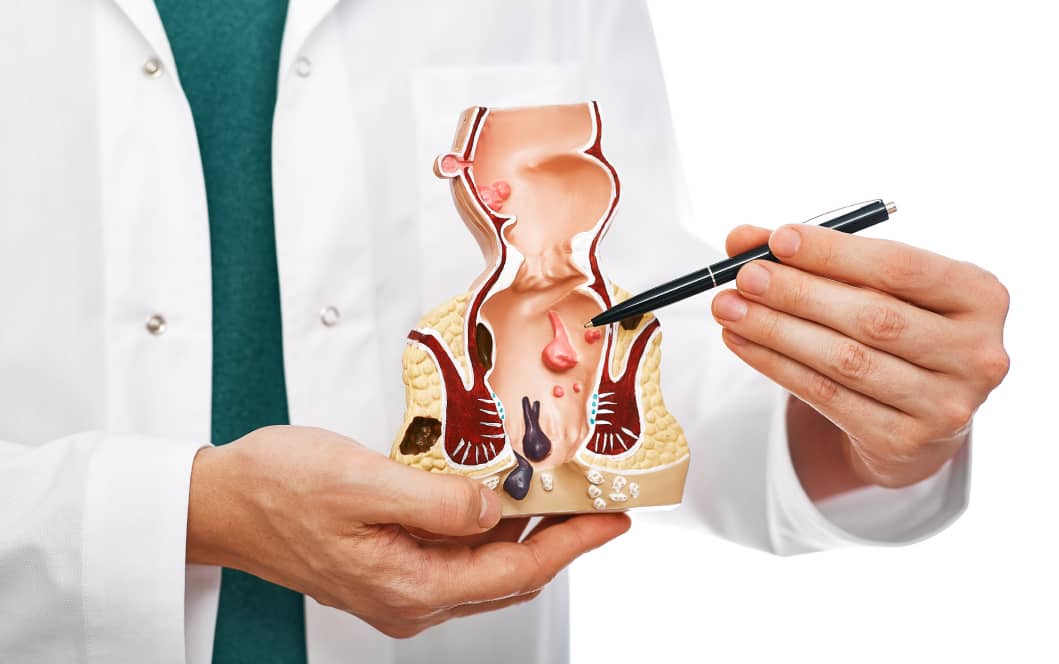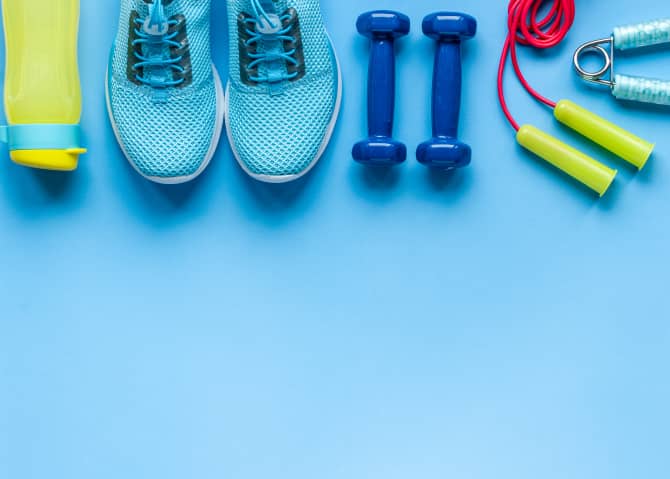What are hemorrhoids?
Hemorrhoids develop when the veins around your anus or lower rectum get swollen and inflamed.
There are two types of hemorrhoids: internal and external.
Hemorrhoids are very common – almost three out of four adults will have hemorrhoids from time to time. Many people get hemorrhoids in older adulthood, though people of any age can experience this problem.
External Hemorrhoids
External Hemorrhoids irritate under the skin around the rectum.
Internal Hemorrhoids
Internal Hemorrhoids irritate the lining of the anus and lower rectum.







